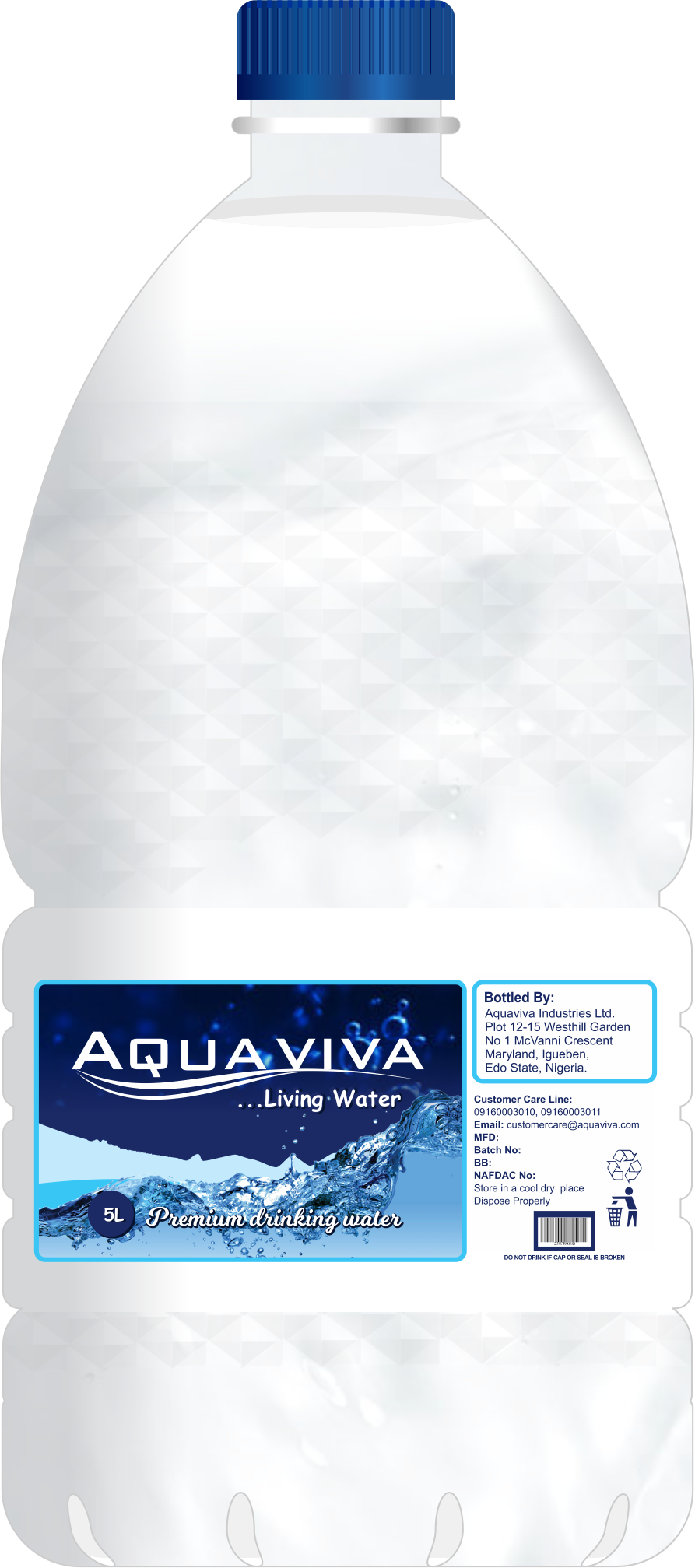





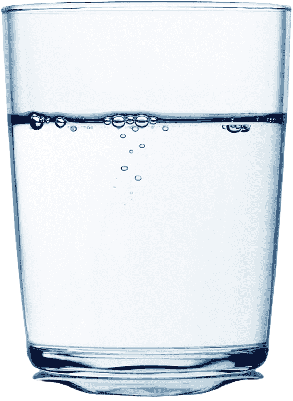
Facts about drinking Aquavivia premium water
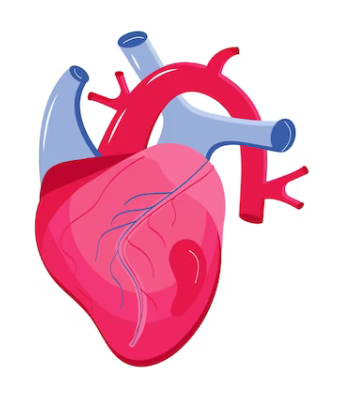
Improves metabolic rate
Water is involved in the elimination of waste products and toxins from the body, primarily through urine. It helps flush out impurities and supports the proper functioning of the kidneys.
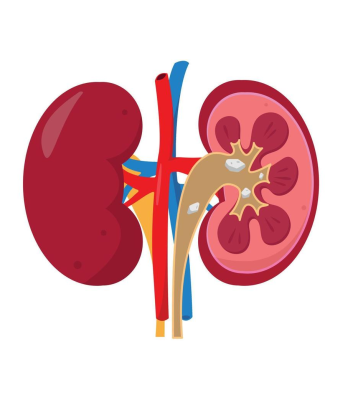
Nutrient transportation
Water is a universal solvent, which means it can dissolve many substances, including essential nutrients like vitamins and minerals. This enables these nutrients to be transported throughout the body and delivered to cells where they are needed..

Cellular processes
Water is involved in numerous biochemical reactions that take place within cells. It acts as a medium for these reactions, facilitating the processes necessary for cellular function.

Hydration
Water is the primary component of cells, tissues, and organs in the human body. It makes up a significant portion of blood, which transports oxygen and nutrients to cells and removes waste products.
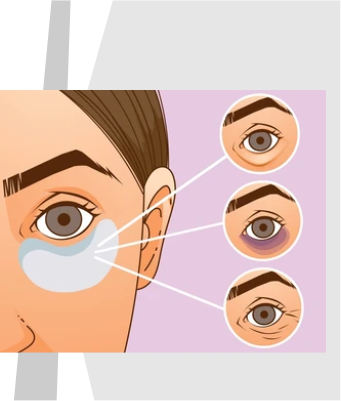
Improves skin health
Water is crucial for the digestion and absorption of food. It helps break down food particles, making it easier for the body to absorb nutrients from the digestive tract..
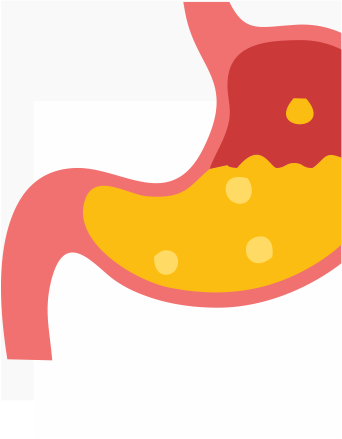
Aids digestion
Water is crucial for the digestion and absorption of food. It helps break down food particles, making it easier for the body to absorb nutrients from the digestive tract.
It's important for individuals to maintain adequate water intake to support these essential functions. The recommended daily water intake can vary based on factors such as age, sex, activity level, and climate, but a general guideline is to drink about 8 cups (64 ounces) of water per day. However, individual needs may vary, and it's crucial to pay attention to thirst cues and adjust water intake accordingly.
Our Strength & Technology
Latest blogs
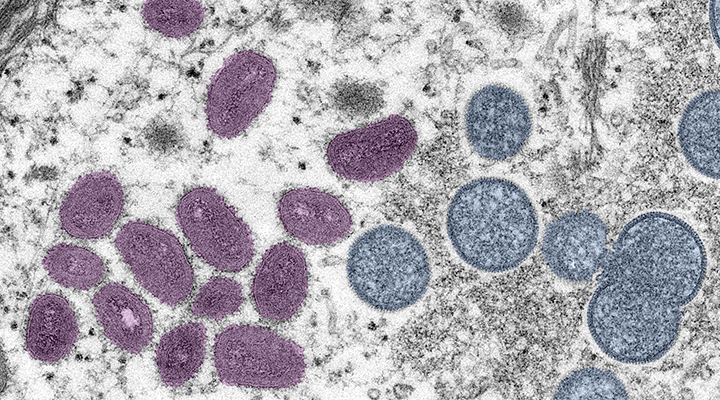
What you should know about Monkeypox?
Monkeypox is a rare disease caused by infection with the monkeypox virus...
Read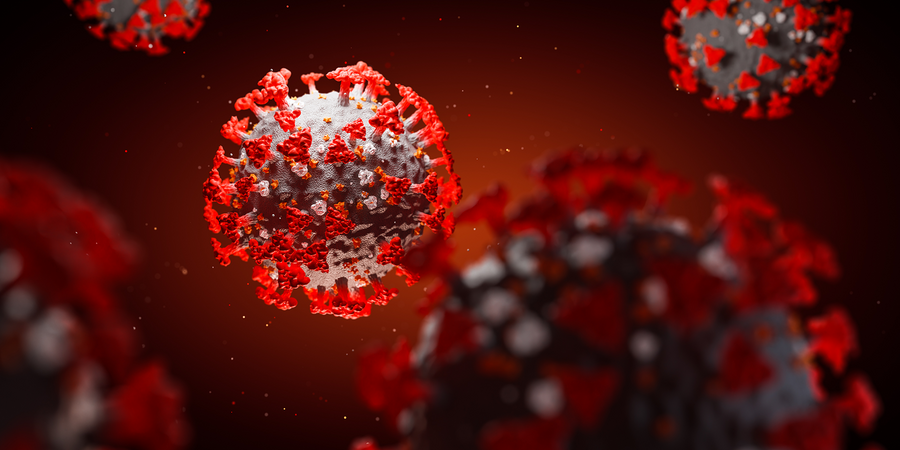
Covid-19: Infection, Prevention and control
Coronaviruses are a large family of viruses that can cause illness in ani...
Read
(Ebola Virus Disease): What you should know
Ebola Virus Disease (EVD) is a rare and deadly disease in people and non...
Read






